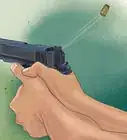This article was written by Jennifer Mueller, JD. Jennifer Mueller is an in-house legal expert at wikiHow. Jennifer reviews, fact-checks, and evaluates wikiHow's legal content to ensure thoroughness and accuracy. She received her JD from Indiana University Maurer School of Law in 2006.
There are 9 references cited in this article, which can be found at the bottom of the page.
wikiHow marks an article as reader-approved once it receives enough positive feedback. In this case, 91% of readers who voted found the article helpful, earning it our reader-approved status.
This article has been viewed 336,733 times.
Any Nevada resident over the age of 18 (21 for handguns) who has a valid state-issued ID can buy a gun in Nevada. You do have to pass a background check if you're purchasing a gun from a dealer. Beginning in 2020, background checks will also be required for private sales of guns in Nevada. No separate gun license is required, nor are you required to register your gun after you purchase it. However, you do need to apply for a concealed carry permit if you want to carry a concealed handgun. Nevada also has safe storage laws designed to prevent children from gaining access to firearms.
Steps
Completing Your Background Check
-
1Determine if you're eligible to buy a gun. As a threshold matter, you must be at least 18 years old to buy a firearm (21 if you want to buy a handgun). Beyond that, there are specific categories of people who are prohibited from owning firearms. Generally, you can't buy a gun in Nevada if you:[1]
- Have been convicted of a crime punishable by more than 1 year in jail
- Are a fugitive from justice
- Are an addict or unlawful user of controlled substances
- Have been found mentally defected by a court or committed to a mental institution
- Are illegally in the US
- Have a dishonorable discharge from the military
- Have renounced your US citizenship
- Are subject to a restraining order for domestic violence, harassment, or stalking
- Have been convicted of domestic violence
- Are under indictment for any crime punishable by more than 1 year in jail
Tip: Nevada does not recognize "restoration of firearm rights" declarations from other states. If you were previously convicted of a felony, you must have a pardon.
-
2Have a background check performed at a Nevada gun dealer. Generally, the purpose of a background check is to make sure that you aren't a member of one of the categories of people who aren't allowed to buy a gun. However, your word isn't good enough. Nevada gun dealers take information from you and put it through the system to find out if you have anything in your background that would indicate you shouldn't be able to purchase a gun.
- Beginning in January 2020, you also must have a background check for private gun sales. These background checks can be completed at any gun dealer.
- You'll pay a fee of $25, as of 2019, to have your background check conducted. This fee is not refundable regardless of the results of your background check.[2]
Tip: If you have a valid concealed carry permit, you do not have to complete a background check before purchasing a gun.
Advertisement -
3Wait for the results of your background check. You may get the results of your background check in a few minutes. However, in some cases, it could take up to 3 days. Your background check will come back with one of three results:[3]
- Proceed: You have passed the background check and can purchase a gun
- Unresolved: The background check system could not reach either "proceed" or "denied" status. If your background check remains unresolved for 3 days, you can still purchase a firearm.
- Denied: You cannot purchase a firearm. You can appeal this decision if you think it was made in error. The dealer will have paperwork you can fill out and submit.
-
4Purchase your gun. Provided the results of your background check allow your purchase to proceed, you can buy a gun at any Nevada dealer. After January 2, 2020, you must also pass a background check before you can buy a gun privately from an individual. You also must present a valid photo ID issued by the state of Nevada.
- You don't need to pass a background check to buy ammunition in Nevada.
- You don't need to have a license to possess a gun nor do you have to register your gun.
- You don't have to buy your gun right away. Each background check is valid for up to 30 days for a single transaction. A single transaction can include multiple guns. However, if you want to purchase more than one gun in separate transactions, you'll need a background check for each transaction.[4]
Storing Your Firearms
-
1Keep your firearms in a locked container. Nevada law prohibits gun owners from aiding or permitting a child to have access to a firearm. You cannot be convicted of a violation of this law if you keep your firearms in a secured locked container.[5]
- To provide additional protection, keep the container in a place where children in the household can't get to it, such as in the top of a closet.
Tip: Children are allowed to handle or possess firearms in Nevada, but only while accompanied by a parent or guardian. The parent or guardian is ultimately responsible for the storage of the firearm, even if it belongs to the child.
-
2Disassemble or lock firearms before storing them. Although not required by Nevada law, disassembling or locking your firearms before storing them helps protect children. If they somehow stumble upon your firearms, they won't be able to fire them if they are locked or disassembled.
- You can get a safety kit with cable-style locks to protect your firearms at your local police or sheriff's department. For a list of law enforcement agencies in Nevada that have safety kits available, visit https://projectchildsafe.org/safety_kit_site/?safety_kit_state=nevada.
-
3Store ammunition separately from your firearms. Even if you don't disassemble your firearms, make sure they're unloaded before you store them. Keep the ammunition apart from your firearms so that even if children happen to access your firearms, they can't access the ammunition.
- Your ammunition should also be stored in a locked container. Ammunition can be dangerous for children even if not loaded in a weapon.
- While Nevada law doesn't require you to store your ammunition separately from your firearms, this will keep children in your household safer.
-
4Teach your children about firearm safety. Make sure any children in your household are aware of firearms and how they should act around them. Instruct them that if they ever see a gun, even one that looks like a toy, they should not touch it and tell an adult immediately.
- If there are adolescents or teenagers in your household who are trained to use firearms, such as for hunting or for target practice, make sure they understand that they should never touch or use a firearm without an adult present.
- Discourage children from snooping around the house for guns, even if they just want to look at it. Tell them that guns are not toys.
Applying for a Concealed Carry Permit
-
1Confirm that you meet the qualifications for a permit. Generally, if you are 21 or older and legally allowed to possess a firearm, you can also get a concealed carry permit in Nevada. However, even if you can pass the basic background check, your application will be denied if you:
- Have an outstanding warrant for your arrest
- Have been judicially declared insane or mentally incompetent
- Have been admitted to a mental health facility within the last 5 years
- Have habitually used controlled substances to the point of intoxication or impairment
- Have been convicted of a violent crime within the past 3 years
- Are currently on parole or probation
-
2Complete a firearm safety course approved by a Nevada sheriff. The county sheriff's department has a list of approved firearm safety courses. The fees for these courses vary depending on the instructor. For your initial permit, you are required to take 8 hours of instruction on firearm safety and competency.[6]
- You will get a certificate of completion when you take the course. You must take this certificate with you when you go to apply for your permit.
Tip: If you are an out-of-state resident, you must receive firearms training in the county issuing the permit if you want to get a concealed carry permit in Nevada.
-
3Fill out your application. The concealed firearm permit application requires you to provide identification information, including your full legal name and any other names you've used in the past. You also must provide your birthdate, Social Security number, gender, and a physical description of yourself.[7]
- List your employer and occupation on your application along with contact information for your employer.
- You also must answer a series of questions regarding circumstances that impact your ability to have a permit. Answer these questions honestly. A background check will be performed and if it is determined that you lied on your application, you will not be eligible to get a concealed weapons permit.
- Do not sign your application. Wait until you get to the sheriff's office. You must sign under oath and a sheriff must witness your signature.[8]
-
4Submit your application and pay the fee. You can submit your application at your county sheriff's department. As of 2019, the fee for a concealed weapons permit is $100.25. You must also provide a government-issued photo ID and proof of your citizenship or lawful resident status, such as a Social Security card, US birth certificate, naturalization certificate, passport, or permanent resident card.[9]
- A sheriff will take your fingerprints for your background check. The background check for a concealed weapons permit is more extensive than the background check to purchase firearms.
-
5Wait to receive your permit. It may take as long as 120 days for the sheriff's department to complete your background investigation. When the investigation is complete, you'll receive a letter in the mail with the results of the investigation.[10]
- If your permit is approved, your official permit will be included with your letter. Keep this permit on you at all times while you are carrying a firearm.
- If your permit is denied, your notification will explain in detail the reason for the denial. There is no appeals process. However, you're welcome to apply again. The application fee is nonrefundable.[11]
-
6Renew your permit every 5 years. To renew your permit, go back to the sheriff's office and complete your application. A new background check will be completed. You also must take a 4-hour shooting course conducted by an approved instructor.[12]
- The price of the 4-hour course varies depending on the instructor. The fee for a permit renewal application is $65.25.
References
- ↑ http://rccd.nv.gov/FeesForms/Brady/Point_Of_Contact_Firearms_Program/
- ↑ http://rccd.nv.gov/FeesForms/Fingerprints/
- ↑ http://rccd.nv.gov/FeesForms/Point_of_Contact_Firearms_Program/Point_of_Contact_Firearms_Program-FAQs/
- ↑ http://graphics.wsj.com/gun-check-explainer/
- ↑ https://www.leg.state.nv.us/NRS/NRS-202.html#NRS202Sec300
- ↑ https://carson.org/government/departments-g-z/sheriff-s-office/about-us/divisions/civil-and-records-division/concealed-weapons-division/
- ↑ https://carson.org/home/showdocument?id=67289
- ↑ https://www.leg.state.nv.us/NRS/NRS-202.html#NRS202Sec3657
- ↑ https://carson.org/government/departments-g-z/sheriff-s-office/about-us/divisions/civil-and-records-division/concealed-weapons-division
- ↑ https://carson.org/government/departments-g-z/sheriff-s-office/about-us/divisions/civil-and-records-division/concealed-weapons-division
- ↑ https://www.leg.state.nv.us/NRS/NRS-202.html#NRS202Sec3657
- ↑ https://carson.org/government/departments-g-z/sheriff-s-office/about-us/divisions/civil-and-records-division/concealed-weapons-division
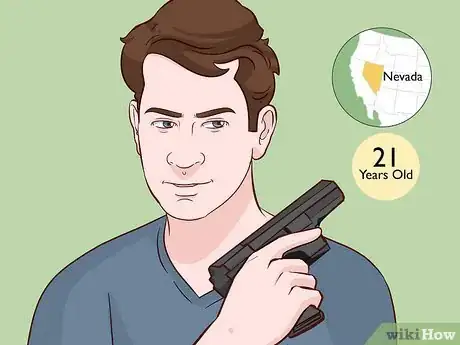
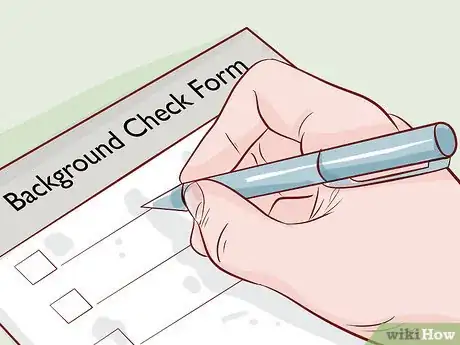
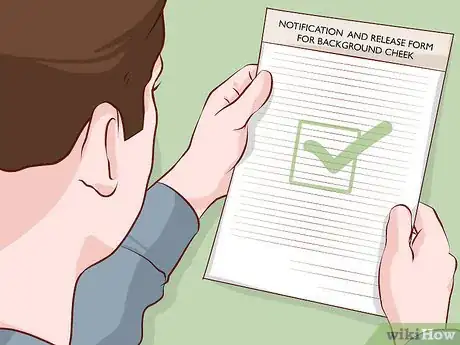
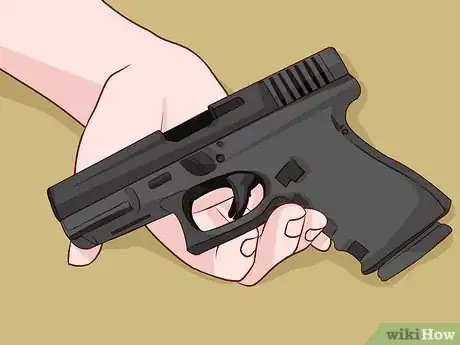
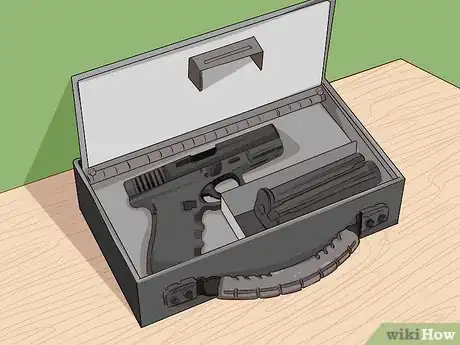
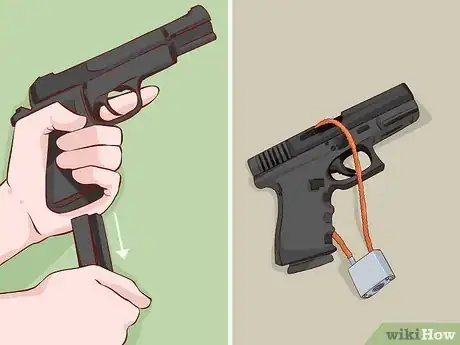
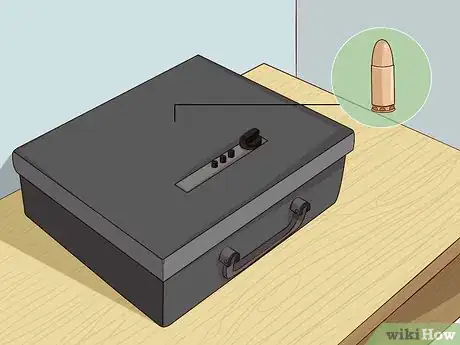


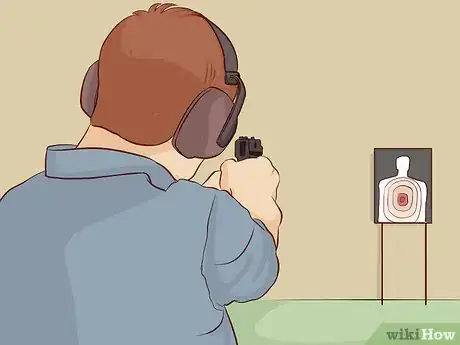
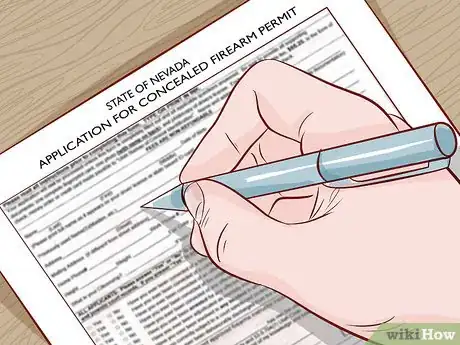
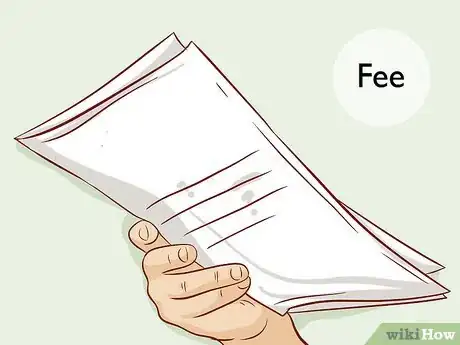

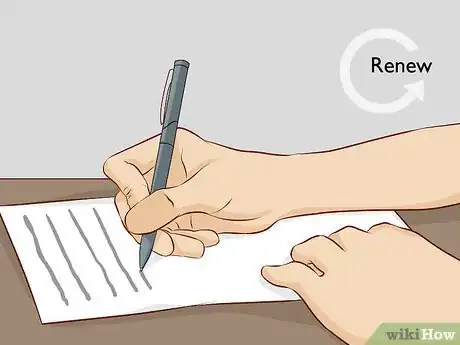
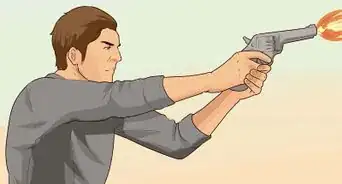
-Step-21-Version-3.webp)
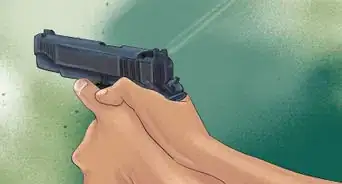
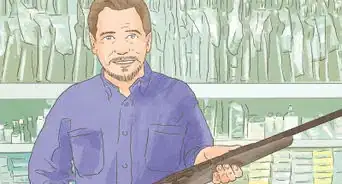
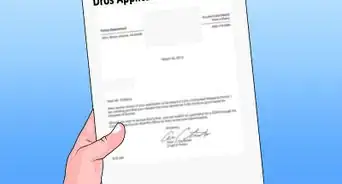



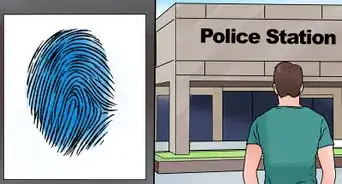
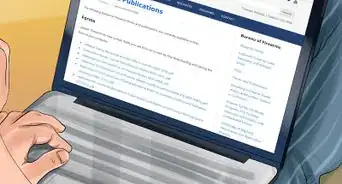



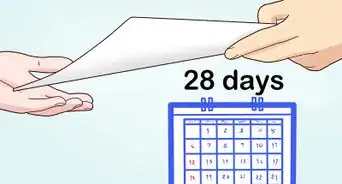











-Step-21-Version-3.webp)
